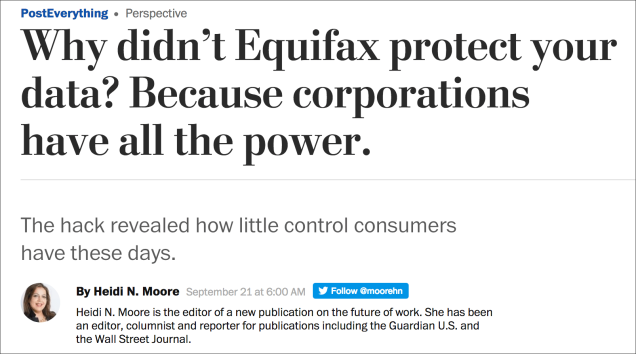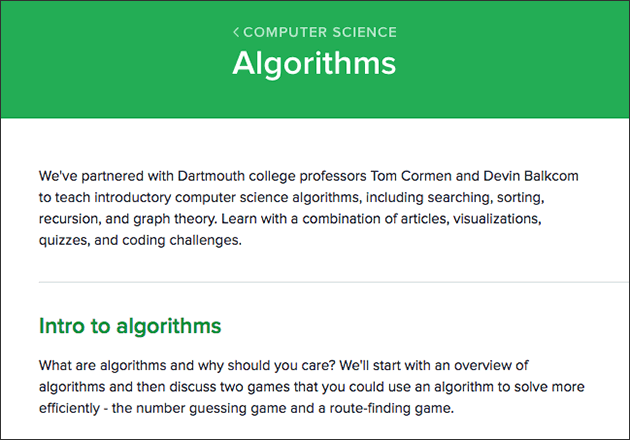Three readings are assigned this week. Find links to two of them on the Course Schedule page, and one more is in ARES.
What we’ll focus on this week is some of the essential freedom-of-expression guarantees that people in the United States, Canada, and the European Union enjoy. These include freedom of speech, of the press, and of association, assembly and petition. (The right to privacy will be discussed in a later week.)
Students often hear a lot about freedom of the press, but individuals’ rights to speak, write, publish, and gather together in groups are no less important.
For this week’s essay (I’ll stop calling them blog posts), please read the assigned readings and then find an article or Op-Ed or essay online from a reputable source that discusses, in depth, a related case or cases that involves online media, mobile communications, social media platforms, or any other aspect of “new media.” My hope is that you will give us more to discuss and think about via the case you find.
- Don’t choose a case that involves the press, the news media, or an established news organization. Go for an individual, a group, an organization (can be an NGO) that is not “the press” or a journalist.
- The case can be about censorship, a lawsuit, removal of content, or about a complaint that content should have been removed but wasn’t. Freedom of association, assembly and petition all involve people forming and meeting in groups; you case you choose might involve an attempt to suppress a group rather than content.
- The case might involve content or group activity that was permitted, or that was taken down or forbidden.
- The case can be in any country. It doesn’t have to be a country with a democratic system of government.
- It does not need to be a legal case. Courts or legal proceedings need not be part of the incident or events.
- You don’t need an academic journal article. Something from The Atlantic, The New York Times, or another reliable source is fine. An opinion piece or analysis is fine. Just make sure it’s substantial enough to warrant discussion.
In your essay, briefly summarize the case, link to it, and then specifically state which parts of the readings are illustrated by the case. Do your best to expand on the ideas of protected speech, assembly, petition.
The usual length requirements apply.



You must be logged in to post a comment.